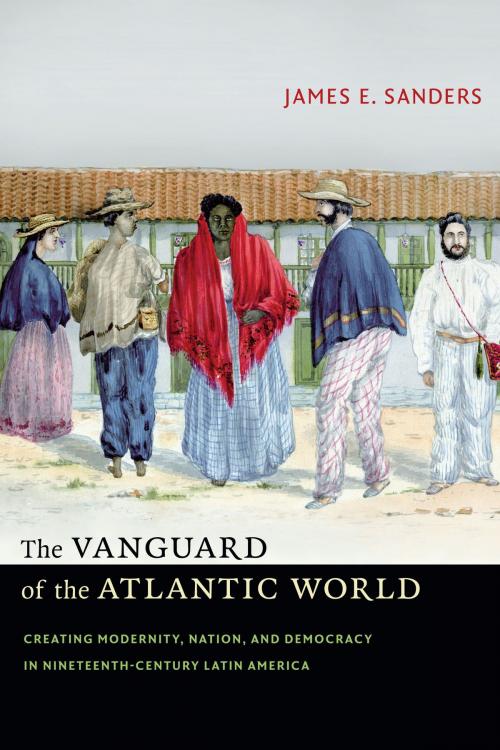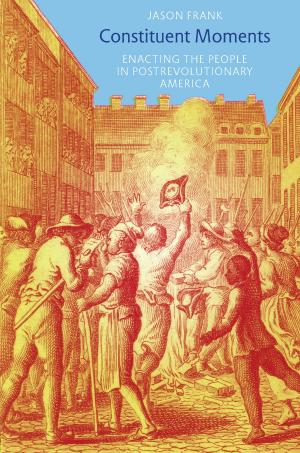The Vanguard of the Atlantic World
Creating Modernity, Nation, and Democracy in Nineteenth-Century Latin America
Nonfiction, History, Americas, Latin America, World History| Author: | James E. Sanders | ISBN: | 9780822376132 |
| Publisher: | Duke University Press | Publication: | October 3, 2014 |
| Imprint: | Duke University Press Books | Language: | English |
| Author: | James E. Sanders |
| ISBN: | 9780822376132 |
| Publisher: | Duke University Press |
| Publication: | October 3, 2014 |
| Imprint: | Duke University Press Books |
| Language: | English |
In the nineteenth century, Latin America was home to the majority of the world's democratic republics. Many historians have dismissed these political experiments as corrupt pantomimes of governments of Western Europe and the United States. Challenging that perspective, James E. Sanders contends that Latin America in this period was a site of genuine political innovation and popular debate reflecting Latin Americans' visions of modernity. Drawing on archival sources in Mexico, Colombia, and Uruguay, Sanders traces the circulation of political discourse and democratic practice among urban elites, rural peasants, European immigrants, slaves, and freed blacks to show how and why ideas of liberty, democracy, and universalism gained widespread purchase across the region, mobilizing political consciousness and solidarity among diverse constituencies. In doing so, Sanders reframes the locus and meaning of political and cultural modernity.
In the nineteenth century, Latin America was home to the majority of the world's democratic republics. Many historians have dismissed these political experiments as corrupt pantomimes of governments of Western Europe and the United States. Challenging that perspective, James E. Sanders contends that Latin America in this period was a site of genuine political innovation and popular debate reflecting Latin Americans' visions of modernity. Drawing on archival sources in Mexico, Colombia, and Uruguay, Sanders traces the circulation of political discourse and democratic practice among urban elites, rural peasants, European immigrants, slaves, and freed blacks to show how and why ideas of liberty, democracy, and universalism gained widespread purchase across the region, mobilizing political consciousness and solidarity among diverse constituencies. In doing so, Sanders reframes the locus and meaning of political and cultural modernity.















